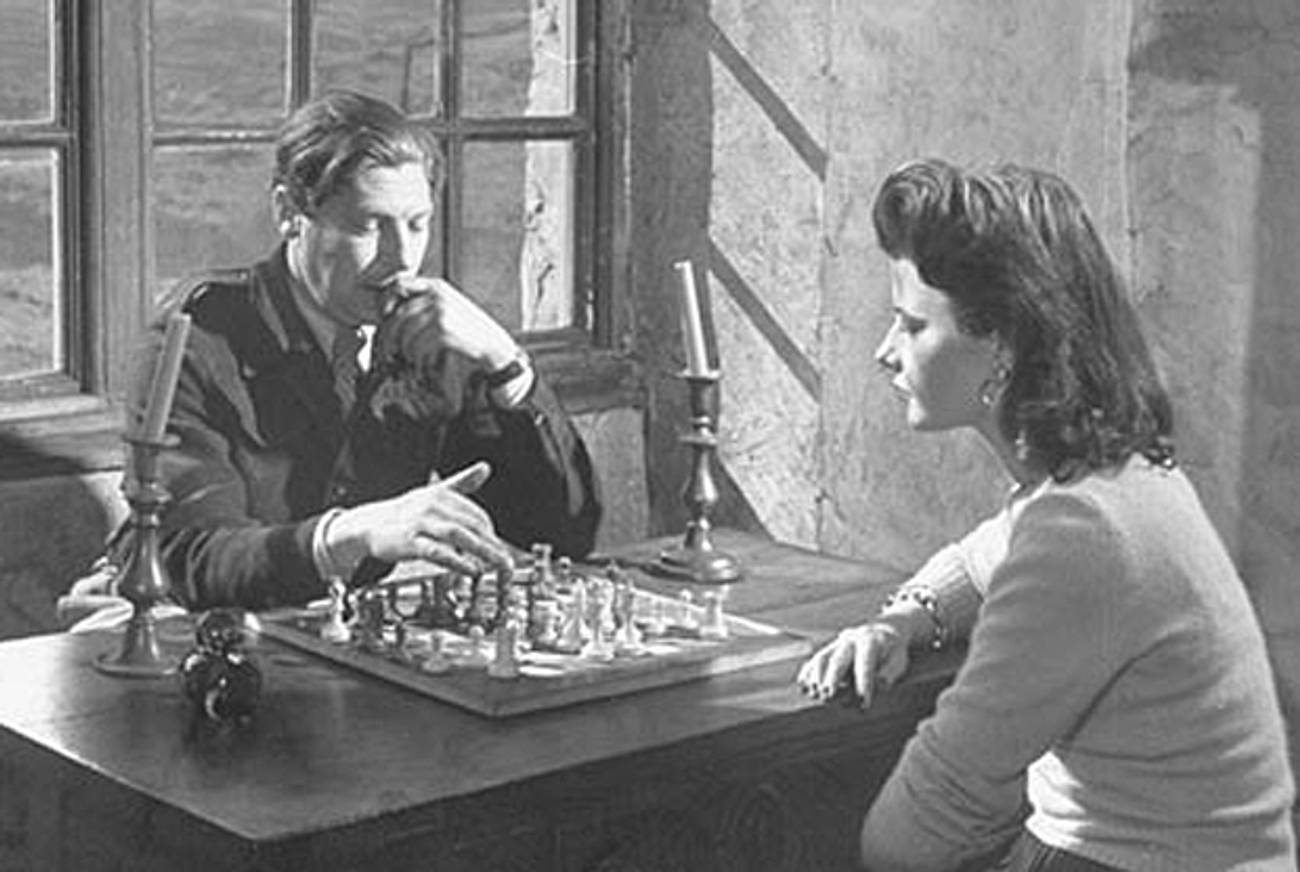Darkness at Noon, Arthur Koestler (1940)
A deadly belief in the cause
September 17, 2013




Why does Koestler’s classic endure after Communism’s demise? First, because it brilliantly explores a lasting dogmatic syndrome among political intellectuals—decent, disillusioned, but still bewitched enough to sign their own death warrants half-believing in the cause. And second, because, no less brilliantly, it depicts the pathology of power that demands not just obedience from its victims but fanatical concurrence.
Sean Wilentz teaches at Princeton and writes widely on American history, arts, and letters.
Sean Wilentz teaches at Princeton and writes widely on American history, arts, and letters.